Europe’s cobblestone alleys, centuries-old cathedrals, and café society that turns even the most modest coffee into a celebration beckon. And yet millions of travelers return home with tales of losing trains, cultural faux pas, and tourist traps masquerading as bargains that turned their fantasy vacation into exhausting odyssey. Success or failure in Europe so often hinges on the avoidance of some otherwise relatively common pitfalls.
Most are due to the fact that folks approach Europe as if it were a larger version of their hometown. Below is a list of 18 errors that can make your European vacation a horror story.
Not Checking Visa Requirements

Americans often assume their passport is a golden ticket to anywhere in Europe, but that’s not always the case. While most European countries allow 90-day tourist visits, some require advance visa applications, and post-Brexit Britain has its own set of rules.
Think of visa requirements like dress codes at fancy restaurants—ignoring them won’t just embarrass you, it’ll get you turned away at the door.
Overpacking Your Suitcase
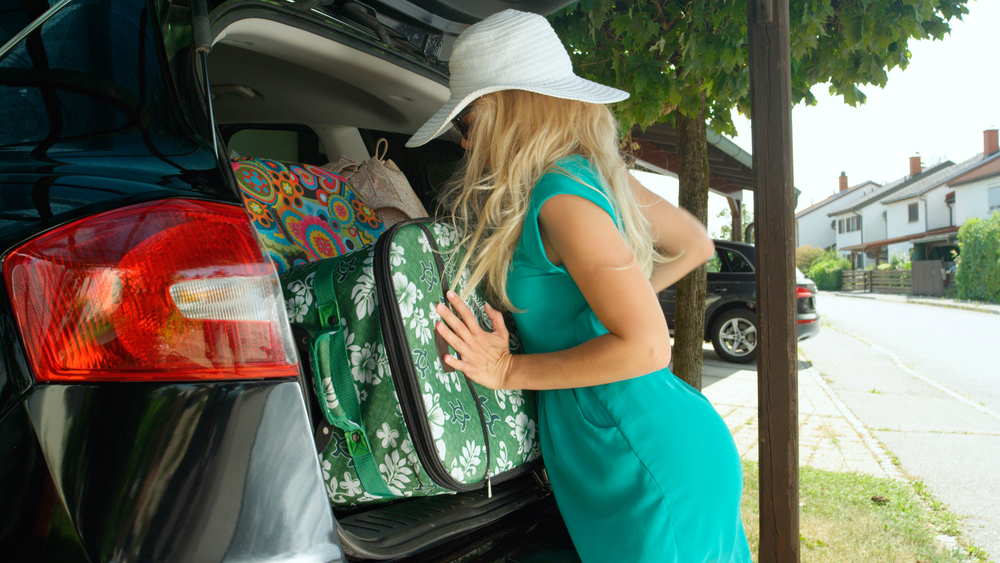
European hotel rooms are about as spacious as airplane bathrooms, and hauling a massive suitcase up four flights of narrow stairs will make you question every life choice. Pack like you’re going camping for a week, not moving to Europe permanently.
Remember, Europeans have mastered the art of looking effortlessly stylish with just a few versatile pieces.
Like Travel Pug’s content? Follow us on MSN.
Only Visiting Capital Cities

Hitting just London, Paris, and Rome is like judging America based solely on New York, Los Angeles, and Miami—you’re missing the real character. Small European towns offer authentic experiences without the crowds and inflated prices of major tourist hubs. Places like Bruges, Hallstatt, or Cinque Terre showcase Europe’s charm without the selfie stick traffic jams.
Not Validating Train Tickets

European train systems operate on an honor system that tourists consistently misunderstand. That ticket you bought needs to be stamped or validated before boarding, or you’ll face hefty fines from conductors who’ve heard every excuse imaginable. It’s like buying a movie ticket but forgetting to show it at the theater—the purchase alone doesn’t grant you access.
Eating Only at Tourist Restaurants

Those restaurants with picture menus in five languages near major landmarks are essentially European versions of airport food courts. Locals eat where the signs are in one language and the menu changes daily based on what’s fresh. Follow the rule of thumb: if there’s a guy outside trying to convince you to come in, keep walking.
Like Travel Pug’s content? Follow us on MSN.
Not Carrying Enough Cash
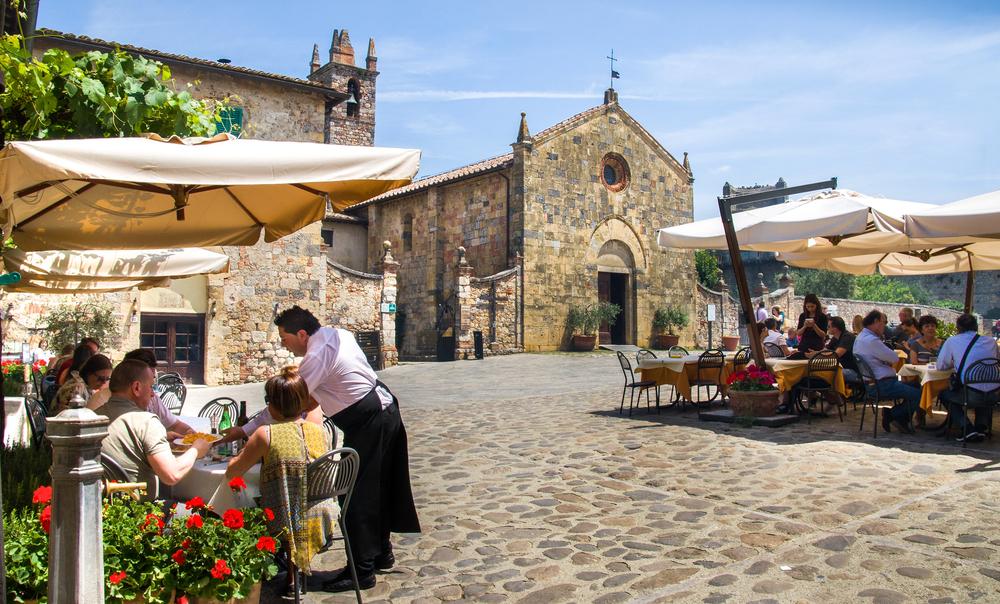
Europe loves its cash transactions, especially at small businesses, public restrooms, and local markets. Many places don’t accept cards for small purchases, and some countries still operate primarily on cash systems. Carrying cash in Europe is like bringing an umbrella to London—you might not always need it, but you’ll regret not having it when you do.
Expecting American-Style Customer Service

European service operates on efficiency rather than enthusiasm, and that’s not a bug—it’s a feature. Don’t expect your server to check on you every five minutes or introduce themselves with a big smile and their life story. They’re providing professional service, not auditioning to be your best friend.
Rushing Through Too Many Countries

Trying to see eight countries in ten days is like speed-dating through a museum—you’ll have lots of blurry photos but no real memories. Europe’s countries may look small on a map, but each has distinct cultures, languages, and customs that deserve more than a drive-by visit. Quality beats quantity when it comes to cultural immersion.
Like Travel Pug’s content? Follow us on MSN.
Not Learning Basic Local Phrases

Knowing how to say hello, goodbye, and thank you in the local language is like bringing a small gift to a dinner party—it’s a simple gesture that goes a long way. Europeans appreciate it when visitors make an effort to communicate in their language, even if your pronunciation sounds like you’re chewing gravel. Google Translate can help, but learning a few phrases shows genuine respect.
Ignoring Local Dress Codes

Showing up to European churches or upscale restaurants in flip-flops and tank tops is like wearing pajamas to a job interview. Many religious sites require covered shoulders and knees, while certain restaurants maintain dress standards that would make casual Friday look formal. Europeans generally dress more formally than Americans, especially in cities.
Not Booking Accommodations in Advance

Assuming you’ll find great last-minute deals on European hotels is like assuming you’ll find parking at the mall on Black Friday. Popular destinations book up months in advance, especially during peak season and local festivals. Spontaneous travel has its charm, but sleeping in train stations doesn’t enhance the European experience.
Like Travel Pug’s content? Follow us on MSN.
Relying Solely on GPS Without Backup

GPS works differently in Europe’s medieval city centers, where streets predate modern mapping systems by several centuries. Having a physical map or downloaded offline maps prevents you from wandering through ancient alleyways like a lost time traveler. Technology fails, but paper maps have been guiding people for thousands of years.
Not Understanding Tipping Culture
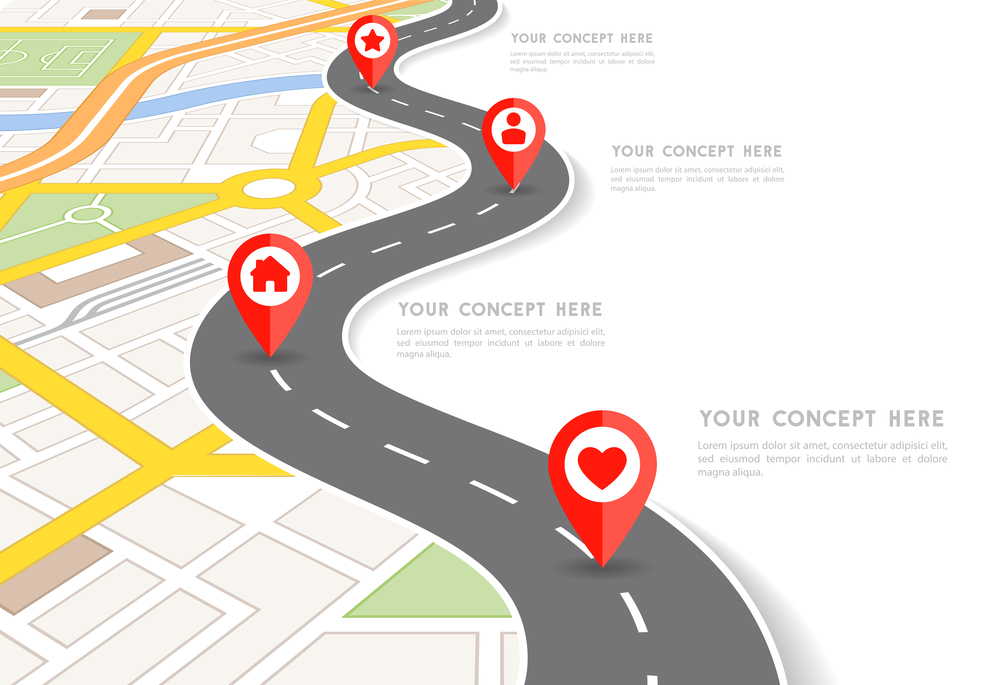
American-style tipping doesn’t translate to Europe, where service charges are often included and over-tipping can offend. Each country has different expectations, from rounding up to the nearest euro to leaving 10% for exceptional service. Research local customs to avoid accidentally insulting your server or overpaying for every meal.
Skipping Travel Insurance

Assuming nothing will go wrong on your European vacation is like assuming your luggage will arrive exactly when and where it’s supposed to. Medical emergencies, flight cancellations, and lost belongings happen to the most careful travelers. Travel insurance costs less than a nice dinner but can save you thousands if Murphy’s Law decides to vacation with you.
Like Travel Pug’s content? Follow us on MSN.
Not Checking Local Holidays and Closures
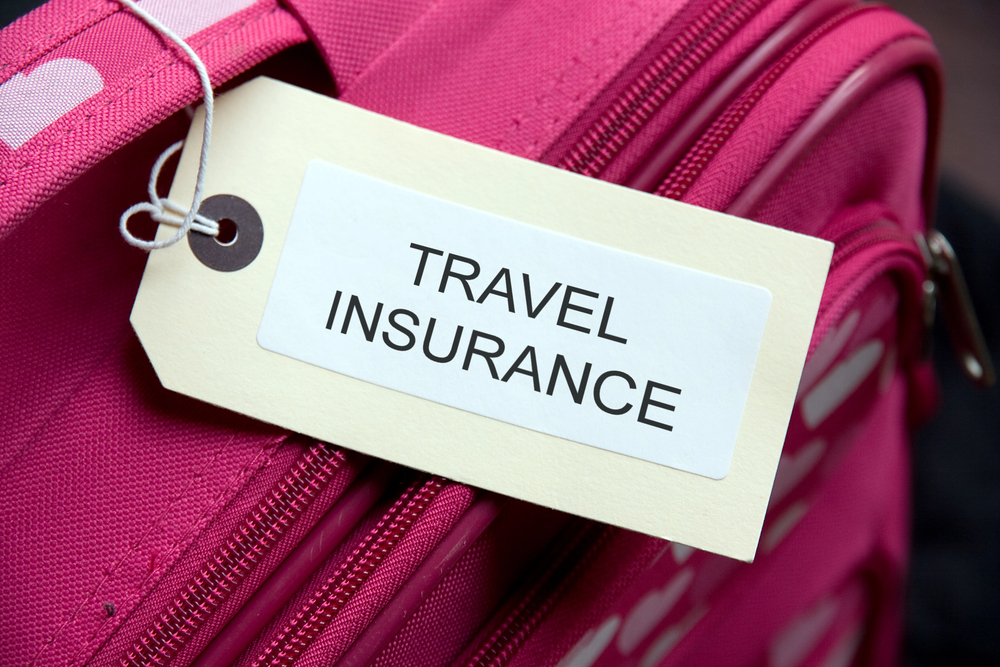
European businesses take their holidays seriously, and showing up to find everything closed is like arriving at a party that ended yesterday. Many shops close on Sundays, museums have random closure days, and national holidays can shut down entire cities. A quick internet search prevents disappointment and helps you plan alternative activities.
Wearing Tourist Clothing and Accessories
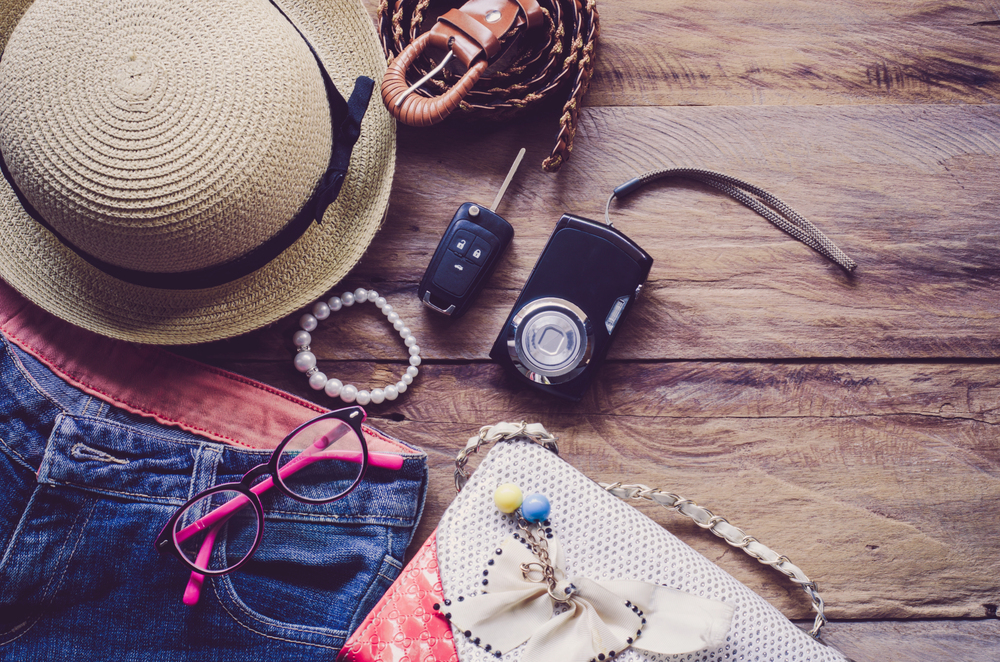
Sporting a fanny pack, baseball cap, and ‘I Love London’ t-shirt makes you a walking target for pickpockets and overpriced tourist scams. Blending in doesn’t require a complete wardrobe overhaul—just avoid clothing that screams ‘tourist’ from three blocks away. Think of it as European camouflage for your wallet’s protection.
Not Understanding Public Transportation
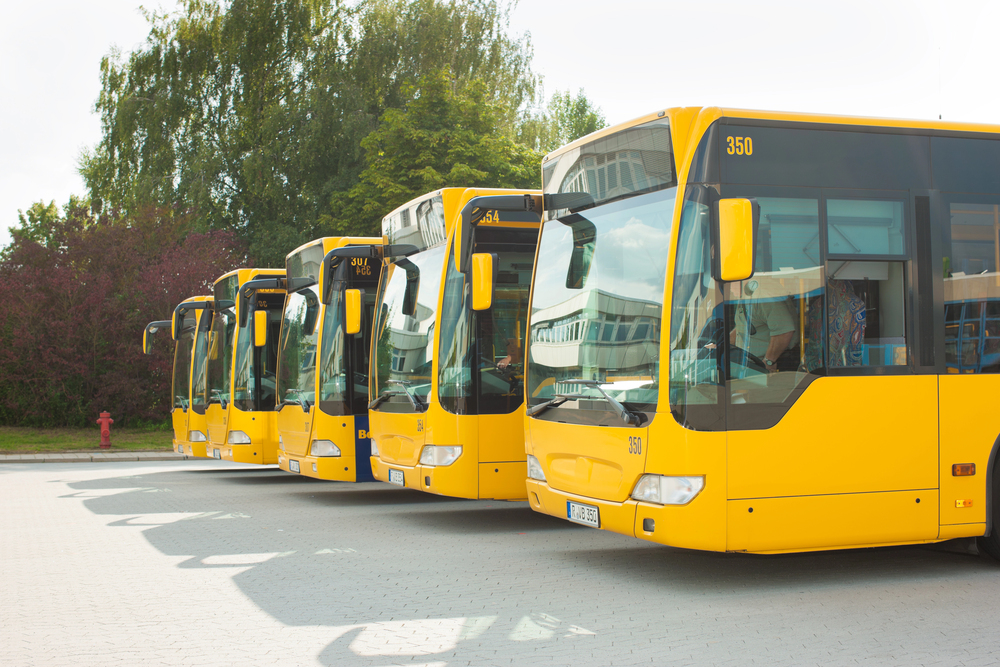
European public transit systems make American systems look like vintage toys, but they require understanding local rules and etiquette. Some cities require ticket validation, others operate on zones, and most have unspoken rules about standing, seating, and backpack placement. Spend thirty minutes learning the system to save hours of confusion and potential fines.
Like Travel Pug’s content? Follow us on MSN.
Expecting Everything to be Open on Sundays
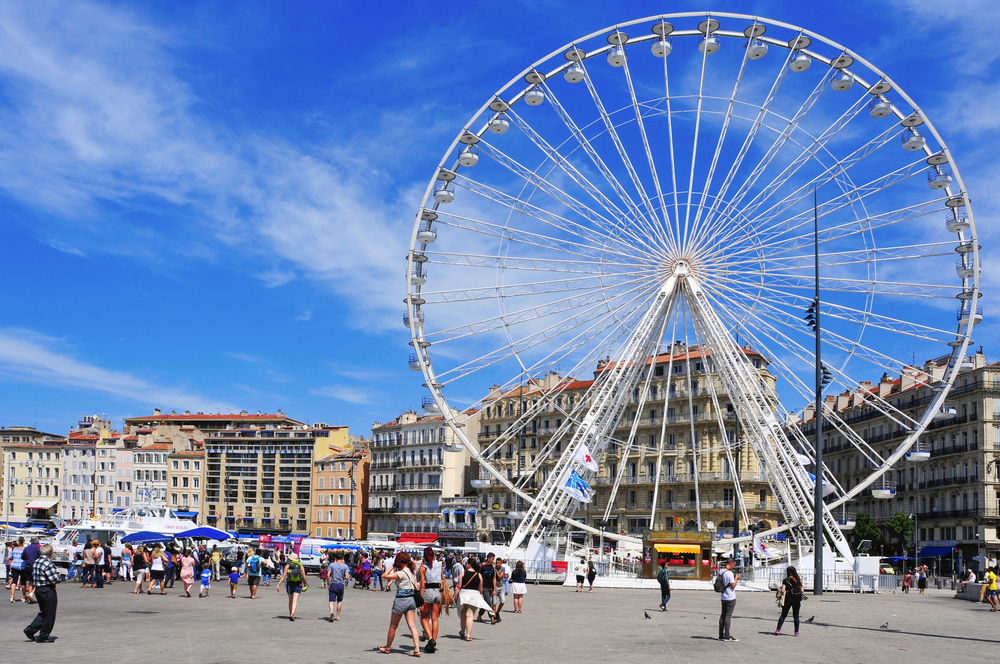
Sunday in Europe often feels like the entire continent decided to take a collective nap. Shops close, restaurants have limited hours, and even some tourist attractions reduce their schedules. Plan accordingly by stocking up on essentials Saturday night and researching which attractions remain open. Think of Sundays as Europe’s way of forcing you to slow down and enjoy the scenery.
Why These Lessons Still Matter Today

These travel mistakes persist because they reflect deeper cultural differences that no amount of technology can bridge. Europe’s emphasis on tradition, quality over speed, and respect for local customs creates an environment where American-style efficiency often backfires.
The travelers who adapt to European rhythms rather than fighting them discover that these ‘inconveniences’ actually enhance the experience. Learning from others’ mistakes means you can focus on creating memories instead of solving preventable problems, turning your European adventure into the transformative journey it was meant to be.
More from Travel Pug

- 20 Best Beach Towns in the Carolinas
- 13 Destinations Where Tourists Regularly Regret Their Trip
- 20 Things You Actually Get in First Class
- 20 Small Airports With Aviation Museums
- 20 Places in the U.S. That Are Perfect for a Reset Trip
Like Travel Pug’s content? Follow us on MSN.
